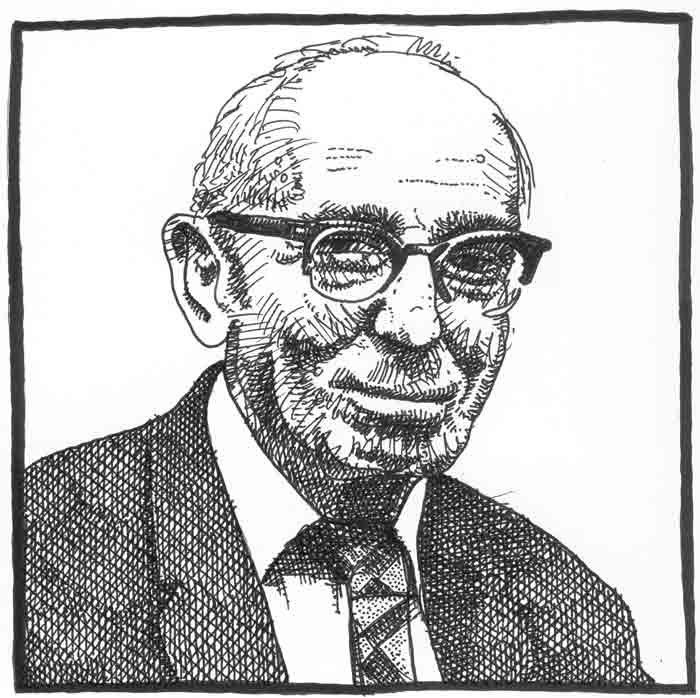Future Man won!
‘The Man from Lisbon’ (1978) by Thomas Gifford was homework for our 2018 Iberian excursion. It chronicles the escapades of Reis who lies his way into an engineering job in Angola in 1915. Africa seemed better than the Western Front. I got it from Audible, about which more below.

From humble origins, his father a mortician, Reis strives to better himself. But to get started he needs an angle in the stultified society of Portugal and this he procures by faking a degree from Qxford University in engineering. There will be few Oxonians in Angola, he reasons, and he will not be challenged. He does have some technical school training in mechanics so off he goes, diploma in hand, with his adoring wife and faithful sidekick in tow for Africa.
His forgery is nothing more elaborate than some expensive paper on which he writes out a diploma for himself. That ought fool ‘em! It does.
The little he knows together with the willingness to do the hard work himself lead to success in Angola. Soon he is doing two full time jobs as director of public works for the colony and director of the Angola railroad company with ease and raking in the escudos. While other engineers think the railway bridges will fail under the weight of the new engines he has imported, Reis is confident they will not. It is a confidence based on nothing. Damn those pesky stress tables! Even the laws of physics yield to his will power! Miraculously they do. It seems those stress tables were fake news avant le mot.
He returns to Lisbon loaded with dosh but blows his fortune on the vanities of automobiles, luxury fittings in his home and office, speculative investments that come to nothing. Getting desperate. he tries yet another bold swindle and this time the stress tables are right and he goes to the slammer in Oporto! I stopped at this point because I did not care about his fate, though I see on Good Reads some were gripped. It runs to be in all more than 21 hours. Agony without ecstasy.
Of passing interest was the account of early twentieth century Angola and its myriad natural riches. The colonials are sun-stunned alcoholics for the most part and the natives all but absent. Reis’s basic knowledge of mechanics sufficed, together with his readiness to get his hands dirty by doing the work himself, for his early successes, and also set him apart socially. The few other engineers in Luanda supervised natives who did the dirty work, but Reis did it himself, and got it done in record time and with good effect. These successes of course angered the others.
The references to World War I ring true because Portugal did join the Allies and suffered for it. But scant are these references. The Portuguese division on the Western Front was obliterated in a single day in an offensive. Its replacements met the same fate later. The survivors brought home Spanish flu.
The prose has many nice images. This Iowan Gifford could write, if only he had something to say.
 Thomas Gifford
Thomas Gifford
But my disbelief did not remain suspended. How could that hand written fake Oxford degree in Portuguese fool anyone? Second that will power prevails over stress tables, i.e., the laws of physics. But most of all, there was nothing about Reis of interest, a superficial egoist. So what, a dime a dozen they are.
The narration is by a Portuguese speaker who handles the proper and places nicely while mangling the English. Possessives invariable are said as ‘es’ and extra letters creep in elsewhere, too, e.g., ‘dastardsly’ and more. This became predictable and distracting. Twenty hours of this narration would be enough to put me off going to Lisbon in 2018 and so I took no chances.
However it was the inanity of the narrative that exhausted my good will. Thomas Mann’s ‘Felix Krull’ was the confessions of a confidence man (like Reis) whose career revealed the venal and moral corruption of post World War I Germany, told with wit, insight, grace, and rueful good humour. It dissected events and individuals with a scalpel. Not so here, where soft focus prevails. Me, I kept hoping the jerk, Reis, would get his comeuppance, and the sooner the better. I left him stewing in the Oporto slammer.
In contrast Captain Future together with his Futuremen in ‘Worlds to Come’ by Edmond Hamilton (aka Brett Sterling) from Radio Archives has to save the universe from a shape-shifting critter out of the sixth dimension! That narrative had purpose AND drive! This, too, was from Audible.

Loved the death rays, atom pistols, proton canons, and other NRA boy-toys. Then there is the robot assistant who took itself apart to pass through a small hole in a wall and reassembled himself on the other side. That reminded of something I tried once without success near a girls’ dorm. The deathless brain floating around in a plastic box caused me to re-examine some of the leftovers in the refrigerator Tupperware. Yuk! Is that the fate for professors emeritii, I had to ask?
Of the moon pets the less said, the better. I am not picking up after them! And that is final.
The scientific explanations of the hijinks was pulp fiction which where it all began (1940-1951) and so suitable for a climate change denying anti-vaxxers. While I turned off ‘The Man from Lisbon’ I could not turn off ‘Future Man’ and I will go back for another episode of exploits, there being at least another fifteen! Whopee!
 Ed Hamilton
Ed Hamilton
There is a ponderous entry on Wikipedia about ‘Future Man’ that almost destroys the pleasure in it. It has all the appurtenances of Cultural Studies. (I always fear the worst when I hear the phrase ‘Cultural Studies’ and it has never let me down. The worst follows that term as the night, the day. It is an even more reliable indicator of nonsense than ‘Post-Modern(ism.’)
I acquired both books from Audible, whose customer service is superb. I reported a problem in downloading these titles on the web page and got a phone call within the hour walking me through the correction. This was followed by an email setting it out in writing for future reference. Many profuse thanks. Of course, the problem was obvious once I realised it. Doh!
My listening is done on solitary dog walks while Majic sniffs the trees on nights when the diva is rehearsing or performing, or mornings when I am at the gym where I passed a hundred visits on the current annual membership as I have each of the retirement years to date.
Skip to content
